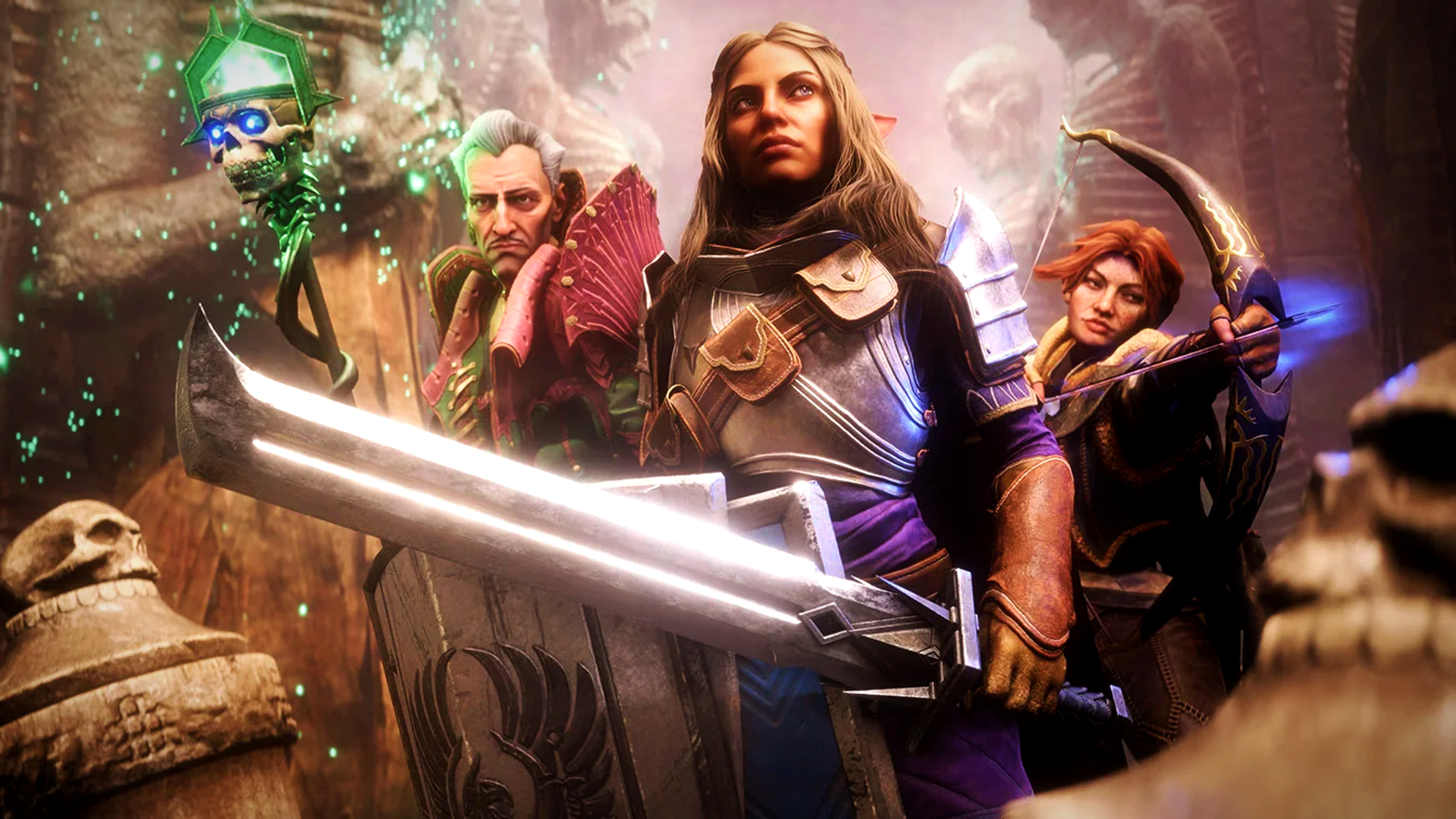
Dragon Age: The Veilguard game director Corinne Busche says her time at The Sims developer Maxis was invaluable when refining multiple elements of BioWare‘s upcoming RPG.
Speaking with IGN, Busche reckons Maxis is a uniquely valuable place “for designers to hone their skills” given the range of “platforms and service models happening simultaneously.” The games themselves, most notably The Sims 4, also feature “deceptively deep” systems that touch on “simulation, emergent gameplay, and emotionally relatable player experiences.” In other words, a lot of transferable skills for RPGs, despite the leap in genre. It’s no surprise, then, that Busche isn’t the only Sims veteran on BioWare’s team.
“What’s so wonderful about [The Sims] is there’s so much autonomy in that game, and we find that RPG players are hungry for that same sense of autonomy, making decisions, influencing characters,” Busche reasons. “And what you might not realize in the Sims is, behind the scenes, there are some really robust progression systems, game economies, character behaviors for their own AI and autonomy… a lot of really fascinating parallels.”
Busche points to the expanded character creator in Dragon Age: The Veilguard (I increasingly just want to call this mouthful of a game DAVE) as a major learning point. “I remember we were struggling with some of our iconography, and we turned to each other and said, ‘How did The Sims 4 handle this?'” she says. “While the technology and UI is quite a bit different, the underlying goals and lessons were quite similar.”
This is about more than making characters look good or offering a wide range of appearance options. Busche notes the “tremendous wealth of knowledge when it comes to representing gender, identity, and the surprising number of localization issues that come along with that.”
A range of surprising games have directly or indirectly shaped the long-awaited return of Dragon Age. Director John Epler said that the first thing he asked for on the project was a style of “resumable banter,” allowing players to pause and pick up conversations freely, that he saw in zombie survival game State of Decay in 2013.
Epler reckons there’ll come a point in the games industry “where we can’t make graphics better,” so the focus will be on giving players “freedom” instead.






















+ There are no comments
Add yours